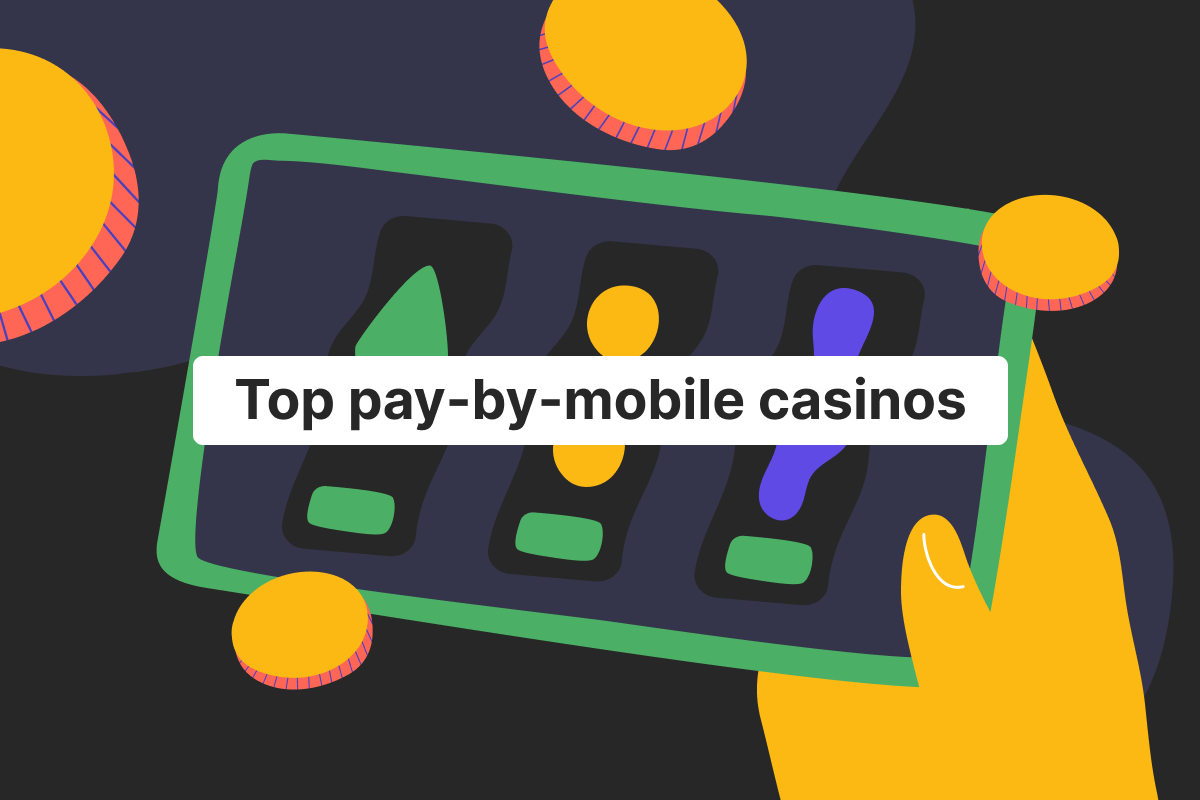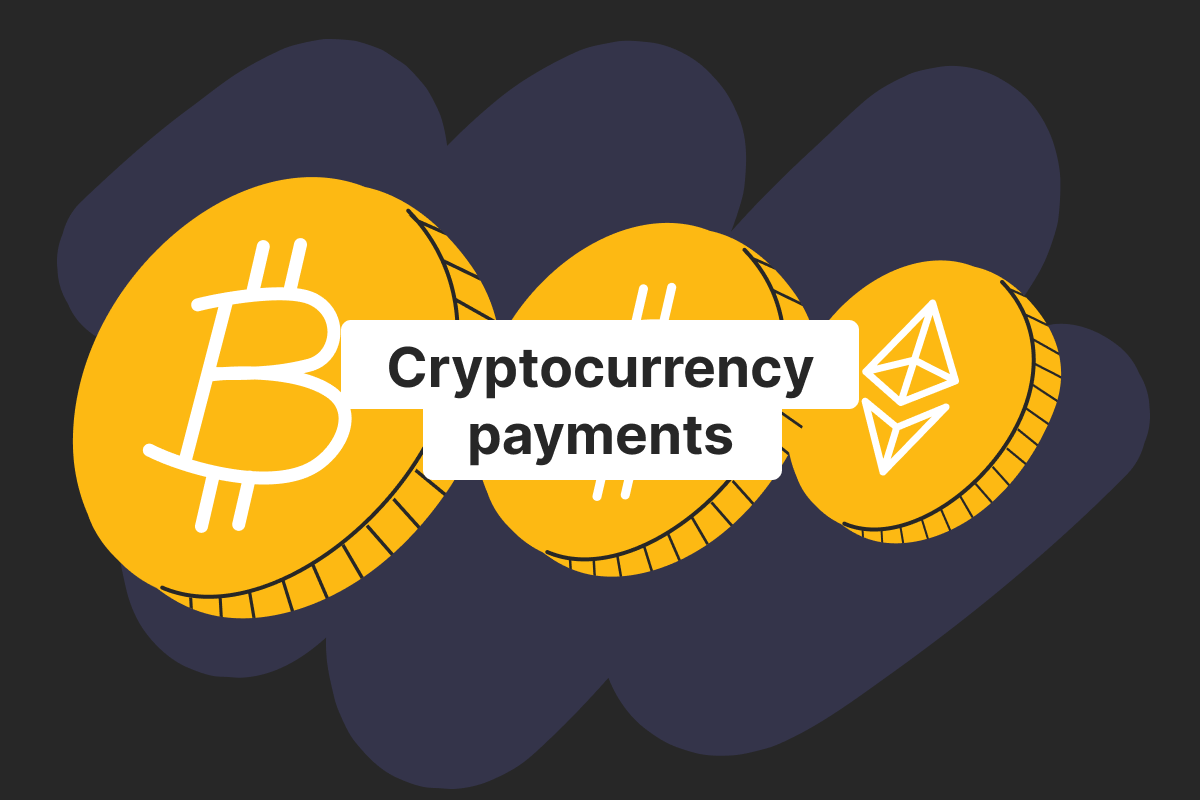Genome Blog / articles / Digitalization of the banking sector will make financial services more accessible
Jul. 22, 2022
Today to open a bank account and access your finances, there is no need to go to an actual banking branch. All the services can be accessed online anytime that is comfortable for you. It all is possible thanks to the banking sector’s digitalization. This Genome article is dedicated to digitalization, its nature, history, benefits, and future.
What is digital banking?
The term digital banking represents those banking systems that deliver their services via the internet. To function well, digital banking should combine such products as a front-end interface for a client to interact with, a back-end system for bank workers to operate services, and an admin control environment to manage them both.
Also, digital banking usually unites two big banking types: online and mobile. The term “Online banking” speaks for itself: these are services that a client can get access to over the internet. Mobile banking has a definition in its name as well: when a client can use their bank account via a smartphone or tablet.
Some banks exist fully online with no physical branches, while some are partly digital and still offer their clients online and offline services. In any way, most of the financial systems around the world, including banking, are moving fast toward an online presence. Before we move to digital banking benefits that explain why finance goes online, let’s briefly check the history of the banking sector’s digitalization.
A brief history of the banking sector digitalization
We all know that the biggest gamechanger for the banking sector digitalization was an active implementation of the internet, like for many, many other things. But the very first moves were made long before.
In the 1960s, digitalization began as payment cards were introduced and ATMs were placed for clients to obtain cash. That was a big thing. Before, to get money from a bank account, a client would have to go physically to the closest branch and wait there some time to request an amount finally. With debit cards, account holders could, first of all, access their money faster within ATMs and, second of all, could get cash on any day of the week and at any time.
Well, the process slowly developed, and cards became more and more popular and trusted, especially when a chargeback was introduced to ensure clients in their financial safety. More banks started to issue cards, and more ATMs were appearing as well across the globe. Until the 1990s, when banks finally embraced the internet and developed online services.
It was not an easy path, security, as you can imagine, was the main concern, and it still is now. But as time passed, international compliances, laws, and regulations were created by major world organizations and alliances to prevent all kinds of fraud.
Besides that, the banking sector’s digitalization brought so many revolutionary benefits to clients and bankers that it is surely worth all the trying. And constantly being developed in accordance with new technologies, today’s banking systems maintain the top quality and deliver a nice experience to clients.
Benefits of the banking sector digitalization
- Time. Issuing a bank account and using all its services is way faster than online and mobile banking. At a minimum, you do not have to go to the physical branch; at maximum, you can transfer money online instantly.
- Cost. Online and mobile banking proved itself to be cheaper. It is no wonder if there is no cost needed to sustain physical offices, rent, utilities, and so on.
- Security. Even though security is the main vulnerability of the banking sector’s digitalization, still financial networks are so much more protected now than before. Imagine how easy it was to fake identity in the 1950s, while now, with the fraud prevention systems and biometrics, it is actually way more complicated.
- Flexibility. Online and mobile banking let you be a true citizen of the world. You can transfer money online to any digital wallet thanks to IBAN, and within the EU, thanks to SWIFT; you can have cash in any city with your local card, and you can pay and get paid.
- Inclusivity. Both online and mobile banking provides services that can be accessible to all people, including those with disabilities. It is highly valuable.
- Sustainability. Not the first thing that comes to mind, but quite important. Imagine having an old-school bank account. How much paper would it require to open an account and sustain it? How many resources would be used to supply a physical brunch? Seems like not much per person, but imagine the total quantity of banks in the world. Each action matters.
Digital financial services and their future
Today digital financial services introduce a lot of possibilities. All financial operations like transfers, payments, deposits, savings, and more can be done with several clicks. Besides that, a personal account and business account can coexist in one financial space, providing even more flexibility for management.
In the next decades, we are about to face even more banking sector digitalization. Digital wallets will be more inclusive and more native as well. Online and offline payments and transfers will be easier to make, and the whole security technology will rely on the biometric factor.
Banking will become easier as well: from issuing an account to its sustaining and growing to business, for example. Customer service will be more human-oriented, and even business and merchant services will be less complicated in their structure.
Financial services and possibilities with Genome
Genome issues personal, business, and merchant accounts with the European IBAN, which is convenient for all the states, including Austria. A person can obtain accounts inside digital wallets with three currencies such as EUR, GBP, and USD, exchanging them at a fair rate. Also, all Genome users are highly protected with fraud prevention systems and physical cards with no data on them.
FAQ
How has digitization affected the banking industry?
Tremendously. The banking industry now can offer top services online and on various devices. At the end of the day, this saves clients time and money and provides a better user experience.
Why is digitalization important in banking?
Mostly because there is no way back. It was, in fact, unavoidable for the banks to go online, and now with technology advancing, banking systems must too. They should develop better services and stronger fraud protection.
What are the benefits of digital financial services?
There are many of them. First of all, they save time and money. Then, they provide the best level of security. And at last, they ensure inclusivity and sustainability.
What are digital financial services?
Those are banking services that a client can access online or via mobile device. Digital financial services have the same quality as non-digital ones. But they normally cost less and take less time as well.





